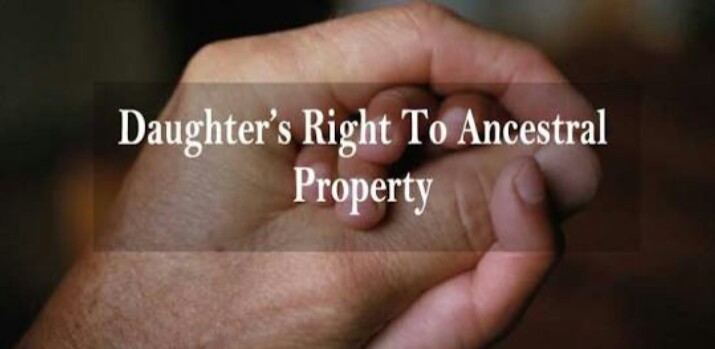Latest News
Three- Judge SC Bench To Consider, Is The Amendment Giving Equal Rights To Daughters In Ancestral Property Is Retrospective?

A three- judge bench of the Supreme Court is set to consider whether the Hindu Succession (Amendment) Act, 2005, which gave equal rights to daughters in ancestral property, has a retrospective effect.
The three judge’s bench comprising of Justice AK Sikri, Justice Ashok Bhushan and Justice MR Shah observed and posted it for hearing on 5th December.
While disposing the appeal Delhi High Court had granted a certificate of fitness to appeal under Article 133(1) and 134A of the Constitution of India observing there are conflicting decisions of the apex court in this regard.
In Prakash V. Phulavati (2015), the Supreme Court bench comprising Justice A.k. Goel held that the rights under the amendment are applicable to living daughters of living coparceners as on 09-09-2005, irrespective of when such daughters are born,
In another case of Danamma@ Suman Surpur vs.Amar(2018),the bench comprising of justice A.K.Sikri and Justice Alok Bhusan had held that the share of the father who died in 2001 would also devolve upon his daughters who would be entitled to share in the property.
The Delhi High Court followed the judgment in Prakash V.Phulavati and held, in facts of his case that, the amendments of 2005 do not benefit the plaintiff as her father passed away on 11th December 1999.However while granting certificate to appeal, it said decisions of the Supreme Court in Phulavati(supra) and Danamma(supra) raise important questions of law of general public importance as to the rights of female coparceners and their rights.



































































































